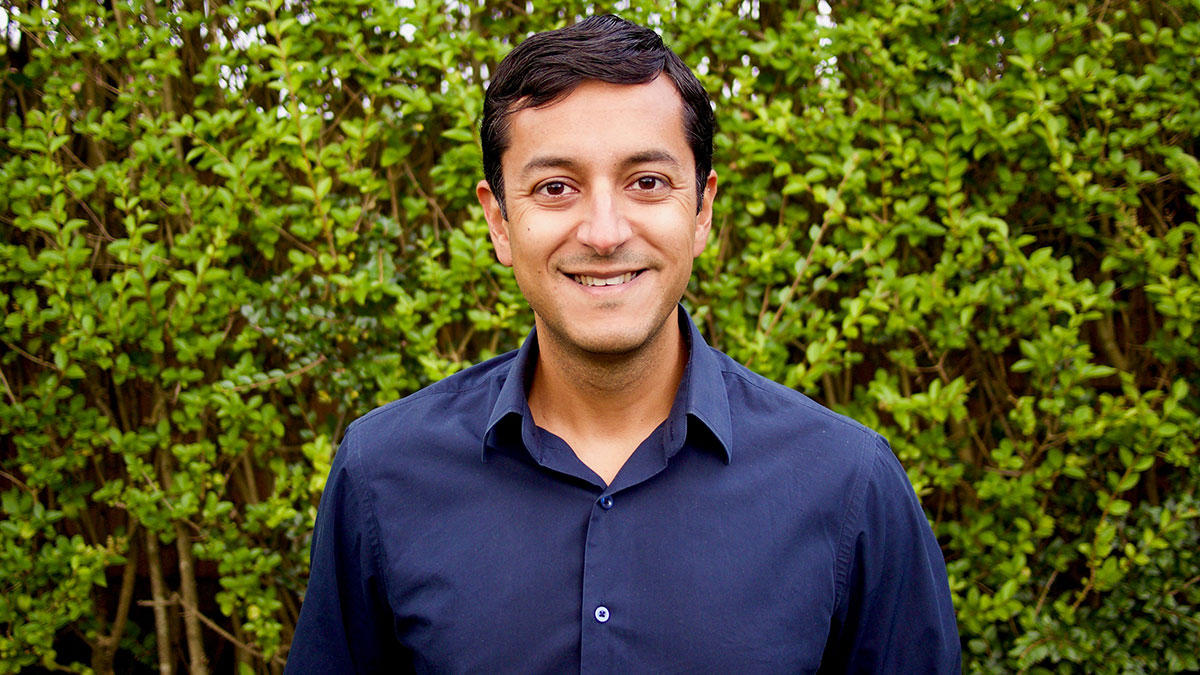Published:

A fully secure internet operating thousands of times faster than what is currently available is the focus of an ambitious research project being led at Heriot-Watt University.
Dr Mehul Malik from the Institute of Photonic and Quantum Sciences (IPaQS) is utilising the mysterious properties of quantum physics to work towards a global quantum communication network.
Quantum physics has the ability to transfer vast amounts of data on particles of light, known as photons, that are impossible to hack. There are already small quantum secure networks in development around the world but rolling this technology out on a global scale remains a major challenge.
If we can control these properties of light at the quantum level, it opens up tremendous opportunities where we can push the limits of quantum communication systems.
One of the reasons for this is the natural environment such as wind and sunlight, that disrupts the photons in transit. Known as 'noise', this obstacle has stood in the way of entanglement-based quantum communication.
Dr Malik has been selected for €2.05M of funding by the prestigious European Research Council (ERC) Starting Grants programme to help further his research in this area. His project, titled Photonics for High Dimensional Quantum Networking, will run over the next five years with the aim of finding a viable solution.
Dr Mehul Malik explains: “This project aims to gain exquisite control over particles of light both in space and time. This would allow light to carry large amounts of information encoded in its spatial and temporal structure.
“If we can control these properties of light at the quantum level, it opens up tremendous opportunities where we can push the limits of quantum communication systems.”
In order to achieve a global quantum internet, Dr Malik adds, scientists need to develop solutions to overcome sources of noise.
“Think of the early days of radio, when mundane things like bad weather and dust particles could make it hard to communicate. Quantum communication is at a similar stage of development today. Being able to manipulate structured light at the quantum level allows us to combat sources of noise afflicting quantum information systems,” he said.
“This technology really makes us think about what kind of information security societies in general need. Particularly with the ongoing pandemic, more people are reliant on being able to transfer data online with absolute security.
“That need is only going to grow over time and so a quantum-secure internet will be hugely important and could find its way into our homes by the end of the decade.”
In total, the ERC has released €677 million through Starting Grants. In addition to Dr Malik's award, a fellow Heriot-Watt academic, Dr Ryan Periera has also received funding to advance his pioneering research into the critical role of the world’s oceans in absorbing and releasing greenhouse gasses.
The ERC programme aims to help early-career scientists and scholars to build their own teams and conduct pioneering research across all disciplines. The grants are part of the EU’s Research and Innovation programme, Horizon 2020.
President of the European Research Council (ERC), Professor Jean-Pierre Bourguignon, said: “The present health crisis showed that despite spectacular progress in research over the past decades, there still remain plenty of unsolved scientific mysteries, as well as lessons to be learnt from the past. Therefore, the best strategy to tackle it is to enable some of the brightest minds to pursue their most innovative ideas, in order to create opportunities for serendipitous discoveries. This is what the European Research Council is for. It’s clear that, if Europe is to be competitive globally, it needs to give excellent prospects to the next generation of researchers as these ERC Starting Grants do, and to invest much more in top blue sky research.”
The grantees are a diverse group with 40 different nationalities. Amongst the winners, 20 researchers are moving to Europe from further afield thanks to the funding. The new grantees will be based in 25 countries across Europe, with Germany (88 grants), the UK (62), the Netherlands (42) and France (38) as top locations. Some 13% of applications were selected for funding in this round.
The Starting Grants will create an estimated 2,500 jobs for postdoctoral fellows, PhD students and other staff at the host institutions.